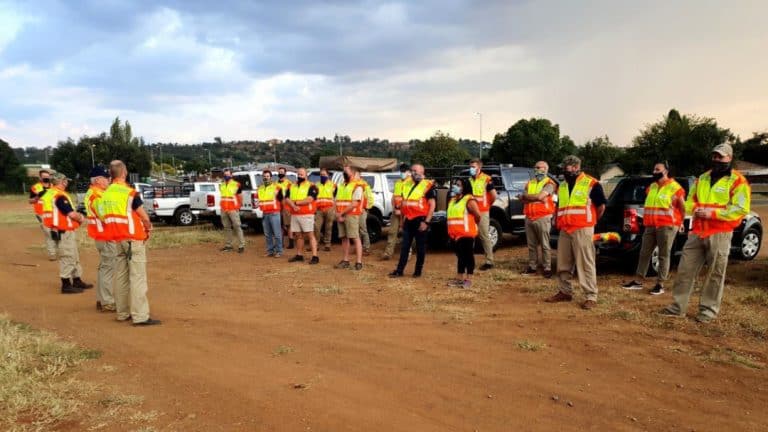Judgment reserved in case of AfriForum and others against Johannesburg Metro regarding educational institutions’ property tax
The case of AfriForum and others against the Johannesburg Metropolitan Municipality regarding the excessive increase in educational institutions’ property tax was heard virtually in the High Court in Johannesburg over the past two days. This follows two days in November 2022 during which the case was also heard, but which was not sufficient time to complete the hearing. The judge reserved judgment today.
This legal action follows after the metro council removed a property category that applied to educational institutions. Public institutions will henceforth be assessed in the category of public service property and private schools as public enterprises. The tax rates in these categories are dramatically higher, regardless of whether private institutions qualify to be recognised as non-profit organisations and are therefore eligible for relief.
“AfriForum takes a strong stance against this recategorisation and believes these increases also set a dangerous precedent. It is important for us to protect the interests of all taxpayers through legal action like this,” says Morné Mostert, manager for Local Government Affairs at AfriForum.
Not only is the sharp increase worrying, but also the procedural errors made by the metro council, for example that public consultation was not carried out on the adjustments.
“The provisional settlement that educational institutions will still only be responsible for the previous financial year’s rates and will not be forced to pay the new rates, is welcomed, but offers no long-term solution,” Alana Bailey, AfriForum’s Head of Cultural Affairs, added. “The court suggested that AfriForum represents only one community’s interests in the case, but that is not the case. All scholars and students in this metropolitan area are affected and new rates of this nature create major risks for the sustainable survival of many institutions. AfriForum is concerned that some of them will have to close their doors or will have to cut back on the quality of their teaching if these higher rates apply in the current or future financial years. Legal action was therefore essential to ensure that the special nature of schools is recognised in the categorisation and rate determination of their property taxes.”











